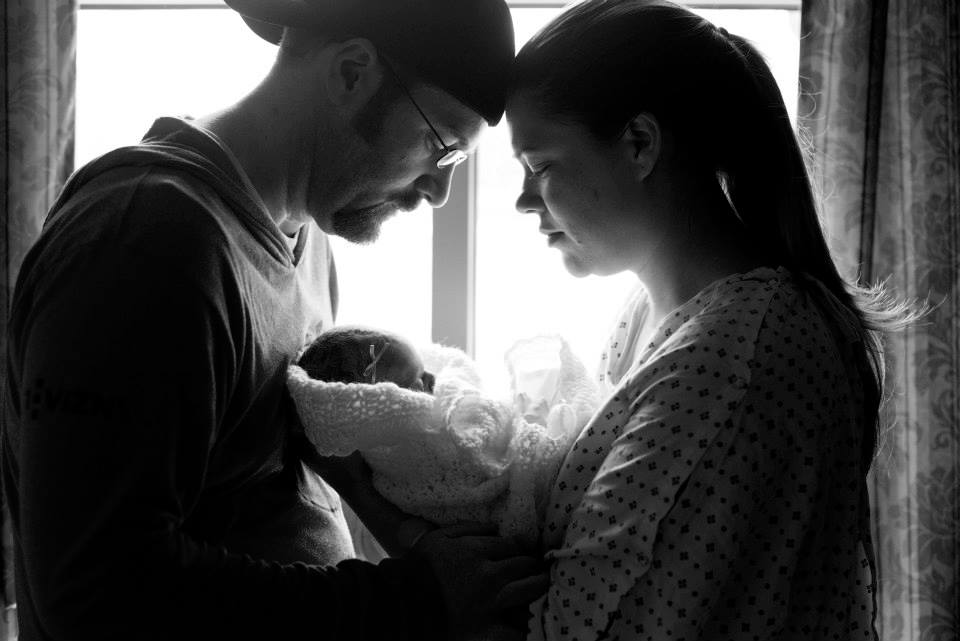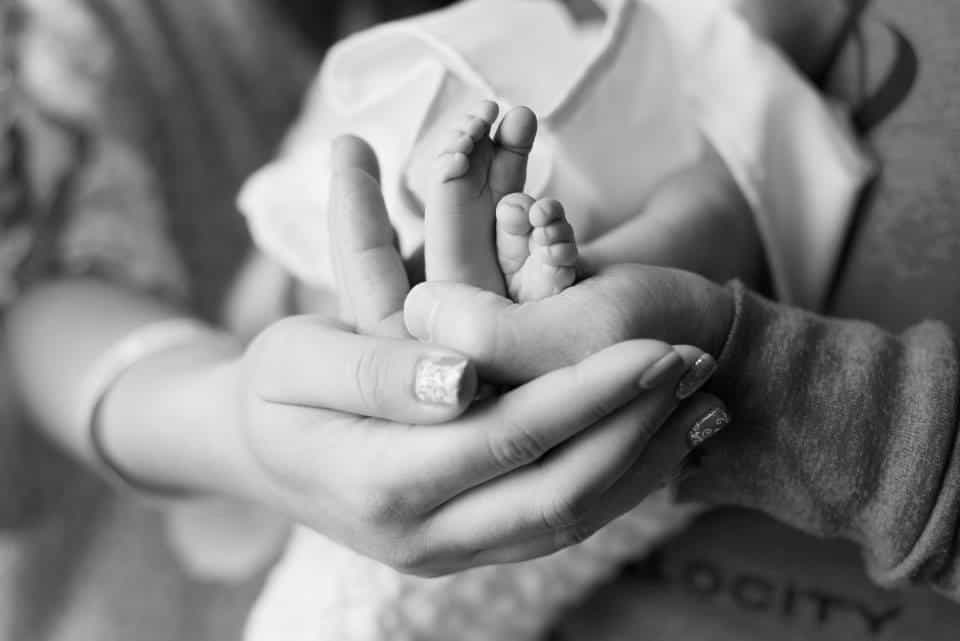
When someone is lost to death those around them often grieve their loss. But can we grieve other things outside of death? Yes. We can grieve anything we view as being lost to us, whether it be a job, relationship, or financial.
Anytime we suffer a loss we grieve. Do we grieve different things in different ways? Yes. Grief is a normal part of life. It is something that must be faced to help us deal with losses and move on. It is something we can try to avoid, but at some point we are going to have to choose to stay stuck or go through it. There is, unfortunately, no going around it.
For myself, I grieved as a child when my pets were given away or passed away and when we moved from our first home and from all of the friends I had always known. I grieved again when my parents got divorced. As a teenager, I grieved deeply when my grandmother passed away unexpectedly. I reacted with anger, sadness, and then acceptance. I grieved for things that were lost when I was date raped at 16. My husband and I grieved when we lost jobs, houses, and other worldly possessions when the economy crashed in 2008.
Grief is common. Grief is nothing new. But its purpose is rarely understood until you go through it yourself. Once you find yourself on the other side of grief, you see how it changed you and refined you. It might never leave you, but you learn to live with a new normal.

Nothing has ever matched the level of grief suffered when our own daughter was stillborn.
Even with all the words available to describe the grief and the pain and chaos it can cause, none of them fully describe the pain my husband and I have felt. The only way to understand what we have felt is to go through it yourself and we wish that on no one.
How I Went Through the 5 Stages of Grief with the Death of Our Child
Grief is different for everyone, but there are five general phases most go through, not all in order: denial, anger, bargaining, depression, and acceptance.
Dr. Christina Hibbert says that the stages of grief are not meant to be “checked off like a list”. Rather, “They are guideposts, helping us identify and understand what we may be feeling” and that “not everyone will experience every stage…”
Alternatively, Megan Devine, a licensed clinical counselor and grief advocate, doesn’t believe that grief has a predictable pattern or that it’s linear. She says that, “The stages of grief were not meant to tell you what you feel, what you should feel, and when exactly you should feel it” and that simply because you are in a stage you don’t ever need to “get through it as quickly as possible” so you can move on to the final stage. In other words, there often is no finish line and it’s not a race. She says, “There is no set pattern…each grief is unique, as each love is unique. There are no stages capable of containing all the experiences of love and pain.”
Denial
Denial is often temporary and the shortest phase of grief. It comes with the initial shock of learning something is lost. It’s our natural defense trying to protect us from the harsh realities of what we just learned or witnessed.
I remember the moment the nurse first told me she could not find a heartbeat, I went into denial and kept telling myself the monitor was broken, that when my doctor arrived and did the ultrasound that my baby would be perfectly fine just like she was a couple days prior.
I could not accept my reality right away.
For months after this, every morning I would wake up and forget for the briefest moment that I was no longer pregnant and that my daughter had really died.
Anger
Anger sounds so harsh and cruel, but that is often how grief feels. You can be angry at yourself, the situation, and/or the thing or person that are lost.
Personally, I did not experience feeling anger toward others; it was all aimed at me. I felt that I had let our daughter down, that I had failed her and our family. Everyone reacts to the feelings of anger differently. Personally, I thought I could avoid this phases of grief and unfortunately, I was wrong.
Bargaining
Bargaining is a phase of grief I often find myself going back to. It is all the “what ifs” that swim around our heads; once they start it is hard to stop them. What if I ate better? What if I worked out too hard? What if we had gone into the hospital sooner? What if I had been a better person? What if, what if , what if. They never stop until you make them stop and one day realize what is done is done.
Depression
This next phase, depression, can be a scary topic. Depression can be normal and healthy but it is important to pay attention and reach out for the appropriate help when needed. For that reason, I will not dive too much into depression. What I will say is that it is very normal to have periods of feeling down and needing time alone to process and cope with a loss.
If it ever gets to the point where you feel you no longer want to be in this world, do not hesitate to reach out for added help from your doctor and grief counselors. There are many great tools for helping people through the depression stage of grief.
Acceptance
Acceptance does not mean you are over your loss. It just means you have now accepted your new reality with all of its changes. This is not a phase everyone gets to. Or, it might take going through various phases over and over again before finally reaching acceptance.
Facing grief and all of its phases is not easy, and everyone deals with each phase in their own way and in their own time. It is a very personal journey and can be affected by the way in which someone or something was lost. If you yourself are grieving, be patient with yourself, or if you know someone who is grieving, be patient with them and just give them a hug or bring them a treat (my personal favorite).


